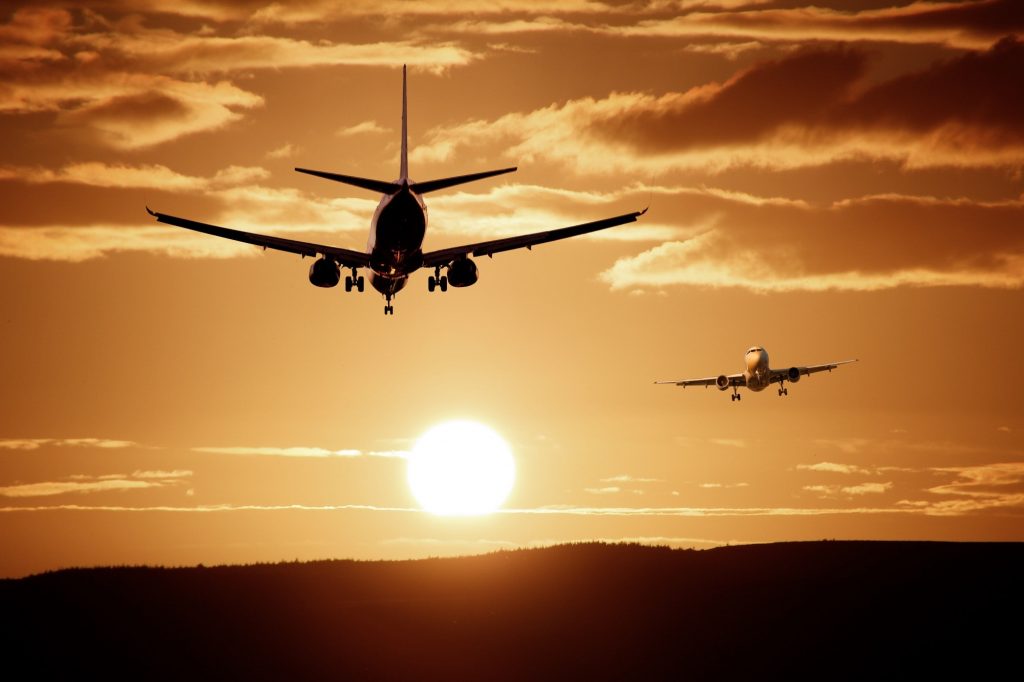
If you cannot find the answer to your question, please get in touch. We are always happy to help.

With the launch of Richard De Crespigny’s new book ‘Fly’, there has been a focus on what it takes to manage catastrophic and other failures on-board an aircraft and how those management tactics transfer to a multitude of life’s catastrophes and difficult events.
And transfer they do. I would suggest however, that the starting point in using those experiences and learning from them is to 1. Understand how the event has affected you and 2. Ask for support.
Something I think, most of us hesitate to do.
Aviation specialist and psychologist Dr Sandi Hill is married to a pilot and has 14 years experience in dealing with these areas “I understand the nature of the ‘pressure’ a person is under in the job of a pilot. Pilots are constantly under scrutiny from the time of initial training to the continual expectation that they must progress to an airline role.”
While Pilots and cabin crew are trained to manage most events, is there enough support for the effects such events can have on the psyche? My discussions with pilots suggest that there is a gap in the way crew as a whole are supported post event.
Keeping you informed on opportunities, new airline intel, tips and tools for your next airline interview
In the October edition of Australian Aviation magazine, I discuss this issue in detail and provide resources you may not know about that can support crew, post any type of event or even in day-to-day life stresses.
Please get in touch if you have any stress based symptoms large or small that you would like to chat about. Your correspondence with us is 100% confidential.

Share on: